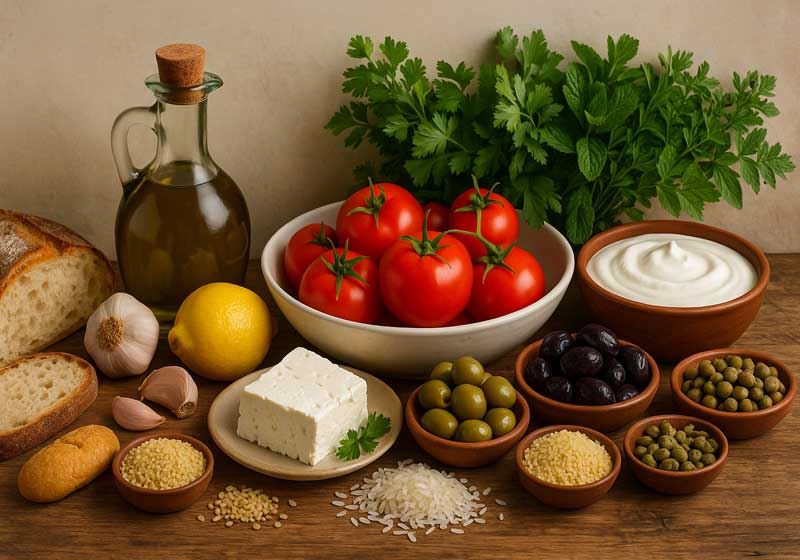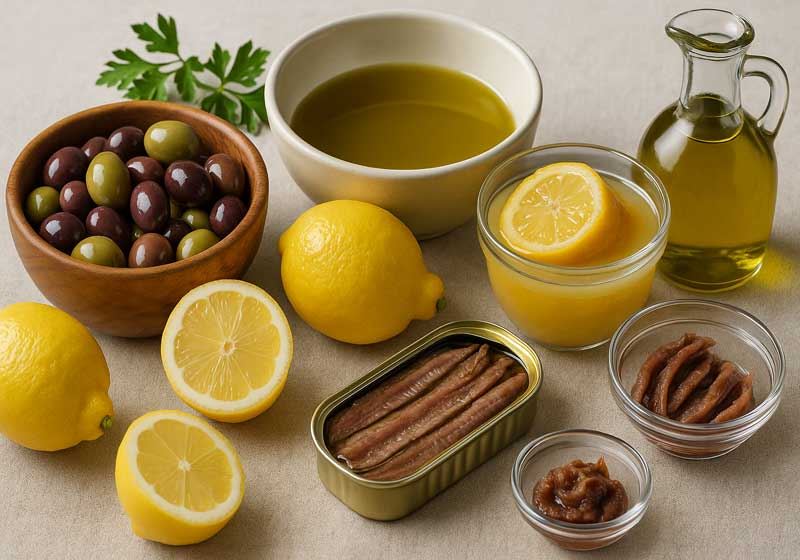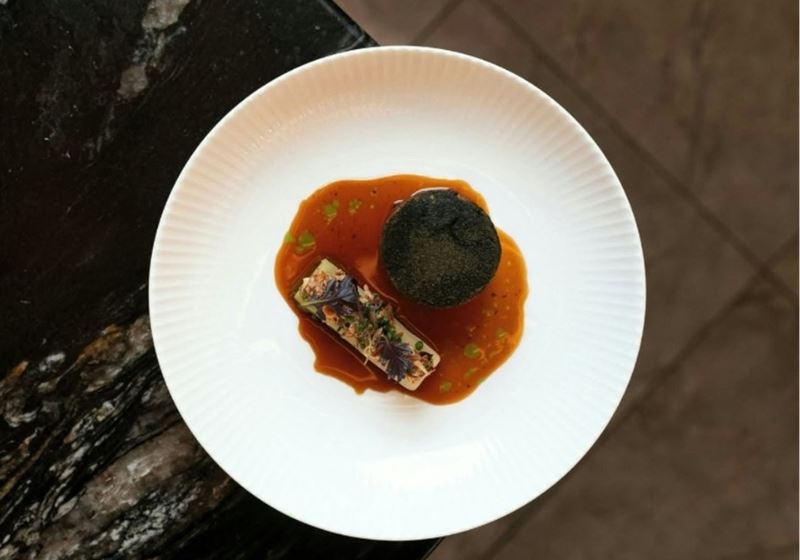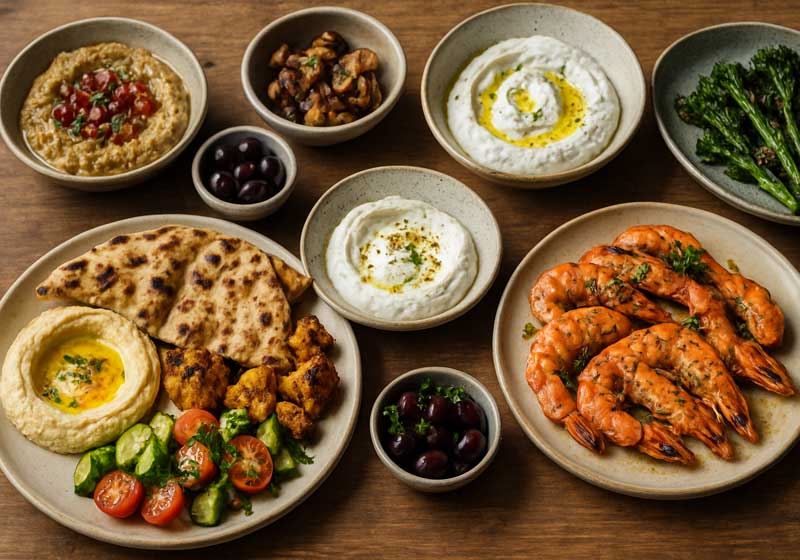By Leigh O’Connor.
Every cook knows that kitchens are places of triumphs and tragedies and often both within the same meal. One careless shake of the hand, one spoon too many and suddenly a dish that was meant to sing tastes out of tune.
The shock of too much salt, the heaviness of excess sugar, or the fiery dominance of spice can feel like the end of the road. However, recipes, like people, are resilient. With patience and creativity, even the most wayward dish can be coaxed back into harmony.
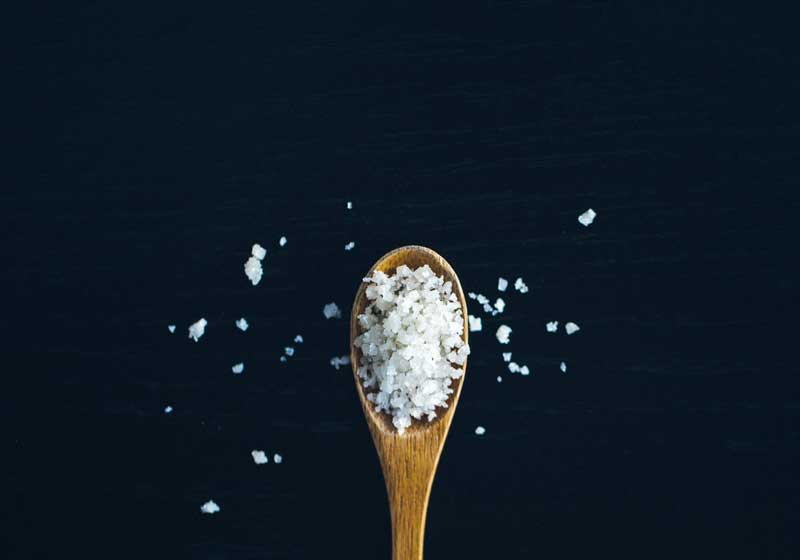
Salt is perhaps the most unforgiving of ingredients. Its role is to enhance and uplift, but when too much finds its way into the pot, its presence is harsh and domineering. Yet hope lingers in the gentle act of dilution.
A soup or sauce burdened with salt can be softened by the embrace of water, stock, milk or cream, allowing flavours to breathe once again. Potatoes, rice or pasta can be quietly added, acting like silent sponges that temper the intensity.
Sometimes, the answer lies not in removing the salt but in shifting the balance. A splash of lemon juice or a pinch of sugar brings the palate back into alignment, reminding us that balance is as much about contrast as it is about correction.
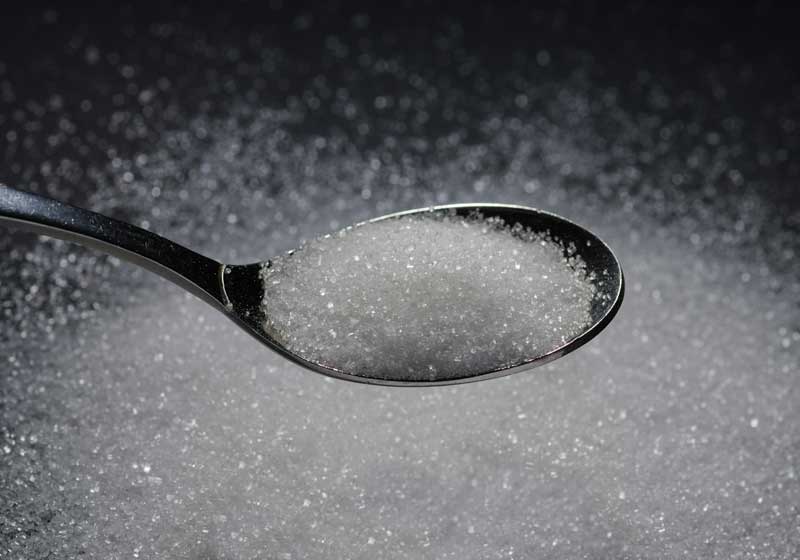
Too much sugar, on the other hand, seduces before it overwhelms. A cake that clings too sweetly to the tongue or a sauce that feels sticky and heavy can be rescued with brightness and bite.
A squeeze of citrus, a dash of vinegar or the addition of tart fruit can bring relief, like sunlight piercing through clouds. Bitterness, too, is a powerful ally. Cocoa, coffee or dark chocolate provide grounding notes that tether sweetness to something deeper.
In baking, the simple act of folding in flour, oats or nuts can spread sugar’s intensity more evenly, while sauces and drinks can be eased with unsweetened liquid, creating space for flavours to breathe.
When it is spice that has run wild, the challenge becomes one of soothing rather than balancing. The tongue burns, the throat bristles and the warmth meant to comfort turns punishing.
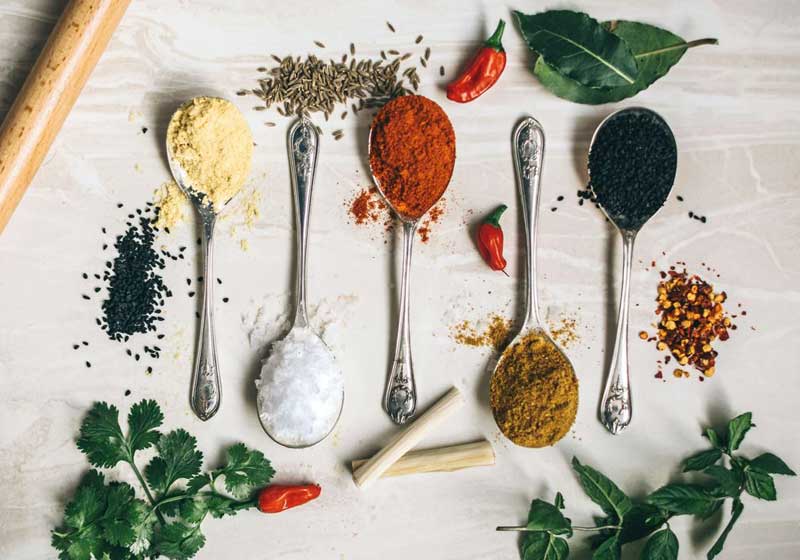
Yet even here, salvation is close at hand. Dairy has always been the antidote to fire and a spoonful of yoghurt, cream or coconut milk has the power to cool the flames. Starchy companions like rice, bread or potatoes once again rise to the occasion, softening the blow while stretching the flavours across gentler ground.
Sweetness can also play its role, with a drizzle of honey or sugar rounding out bitterness and returning warmth to the realm of pleasure.
The heart of these fixes is not only culinary technique. It is emotional alchemy. The moment of panic when a dish goes wrong is also the moment where creativity is born. Cooking has never been about perfection alone; it is about resilience, adaptability and heart. A saved dish often tells a more powerful story than one that unfolded flawlessly.
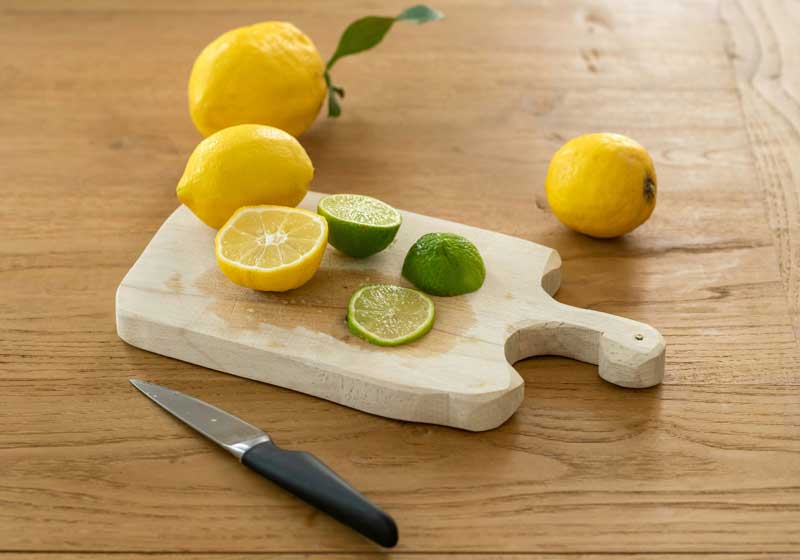
That extra touch of lemon, that unexpected swirl of cream or the grounding bitterness of cocoa can become the quiet signatures of a cook who does not give up. These touches add depth not only to the dish, but to the memory of making it.
There is comfort in knowing that recipes are not fragile scripts carved in stone but flexible blueprints that welcome improvisation. Mistakes in the kitchen do not need to end in failure; they are invitations to explore balance in new ways.
The extra salt, the overindulgence of sugar, the cascade of spice - each is a chance to create something different, something layered with experience. The art of rescue becomes part of the flavour itself, a story carried within every bite.
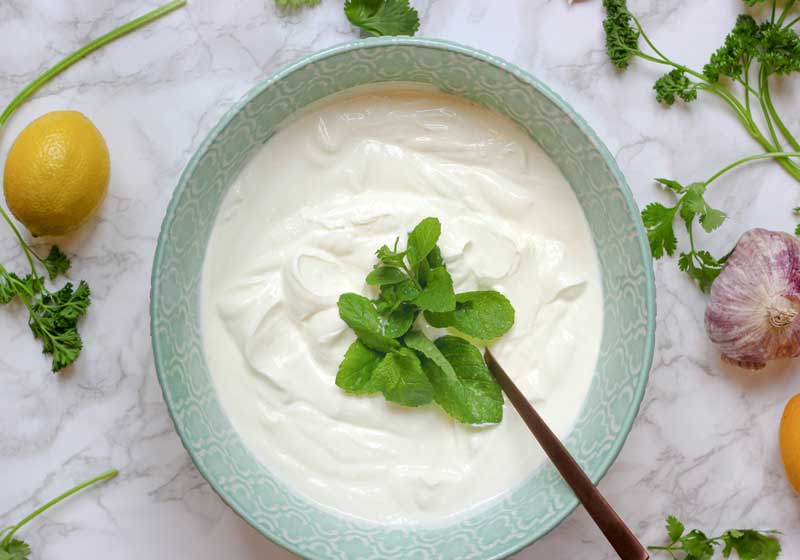
So, the next time the spoon slips and the heart sinks, remember that imperfection is not the enemy of beauty. In cooking, as in life, it is often in the act of mending that we find the richest rewards.


